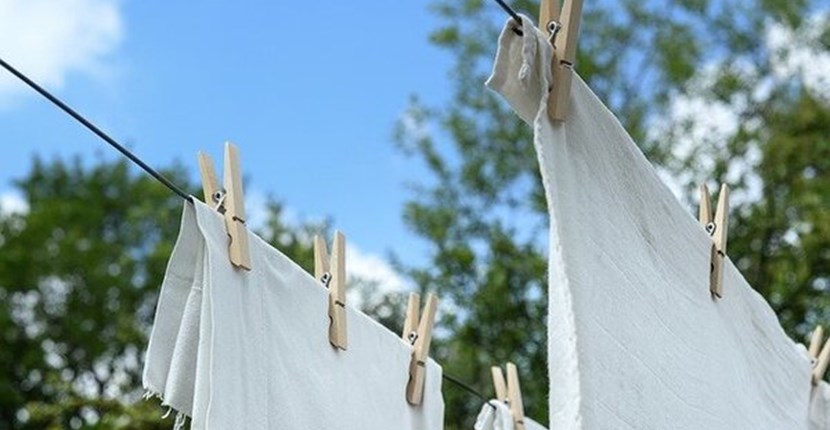Posted on 18 01 2022
Reducing energy bills in the summer

If your pocket’s been pounded by high electricity bills all winter, you’ll appreciate the power savings that summer can bring. Here are some tips to help you maximise your summer cost savings and reduce your carbon footprint at the same time.
Use the air conditioner sparingly
Use your air conditioner/heat pump only when you really need it, and ventilate your home naturally as much as you can. Open doors and windows at opposite ends of the house to create cross-ventilation, or keep windows and drapes closed during the day and open them at night when it's cooler outside.
If you really need to turn on the air conditioner, try cooling the room a few degrees first by using a fan along with the open windows. Make sure you close the windows when you turn the air conditioner on, so you’re not pushing all that cool air outside! Similarly, close the door to any rooms you’re not using so your cooling devices don’t have to work so hard.
Setting the air conditioner just one degree warmer than usual can reduce power use by up to 10%.
Make sure your air conditioner is working at maximum efficiency by regularly cleaning the filter and carrying out scheduled maintenance.
Check your insulation
A well-insulated home will not only keep your home warmer in winter, it will also make it easier and cheaper to cool in summer. A well-insulated house needs up to 30% less energy to heat (or cool) compared to an uninsulated house.
If you can safely look inside your ceiling, you can check that the insulation is in good condition with no gaps, and that it covers the rafters or the bottom of the trusses. If you think your insulation needs topping up or replacing, we can advise you and, if necessary, help you find the most cost-effective solution.
Check your power plan
There are several websites, such as Consumer NZ’s Powerswitch, that allow you to compare plans from various power companies and will take care of the switch if you choose to change your provider.
Depending on how big your household is and how much power you typically use, you may be able to save money by switching to a plan with a higher daily charge but a lower charge per unit of power used, or vice versa.
Fire up the barbie
Backyard barbecues are a Kiwi favourite and saving power is another reason to love them. Replacing some of those oven-cooked dinners with raw salads will benefit your health as well as your wallet.
Keeping the hob and oven turned off will not only reduce electricity use but will also stop them heating up the air in your house. Make the most of long summer evenings by enjoying dinner outside and heading back indoors when it’s cooler.
Dry your clothes outside
Dryers are one of the biggest energy users among household appliances but the sun will dry your clothes for free, and often just as quickly.
A bonus is that sunlight is a natural disinfectant and stain remover because the UV rays break down the bonds in some stains to the point where they can no longer hold onto the fabric.
Choose and use appliances wisely
If you need to buy a new appliance, choose one with a good energy star rating to give you the best power savings over its lifetime.
Unplug electronic devices and appliances when you’re not using them. TVs, microwaves, and phone chargers on standby use small amounts of power that can easily add up to $100 a year.
Plants for a long-term solution
Strategically placed deciduous trees will provide cooling shade in summer without blocking the winter sun. You could plant trees to shade your house or outdoor eating area (keeping them far enough away so that falling leaves don’t block your gutters) or create cool havens within your garden.
If you’re renting or don’t have a garden, placing large pot plants around your windows will cast some dappled shade without blocking too much light. Choose hardy plants that can handle a sunny spot, such as snake plants (Sansevieria trifasciata). This trendy plant provides the added bonus of releasing oxygen at night to improve air quality.
Our knowledgeable and experienced team can help you get your home summer-ready. Get in touch with us today to book a home energy assessment, and start saving.